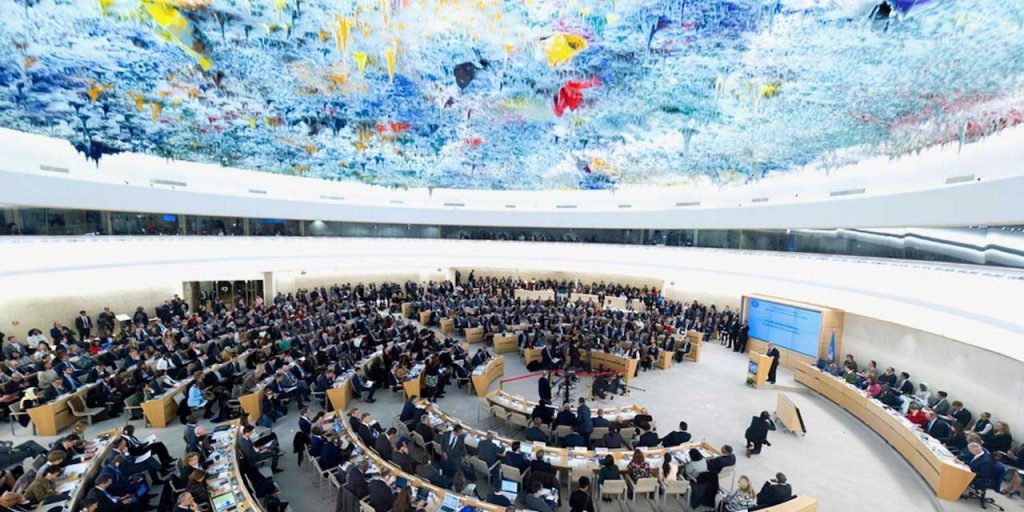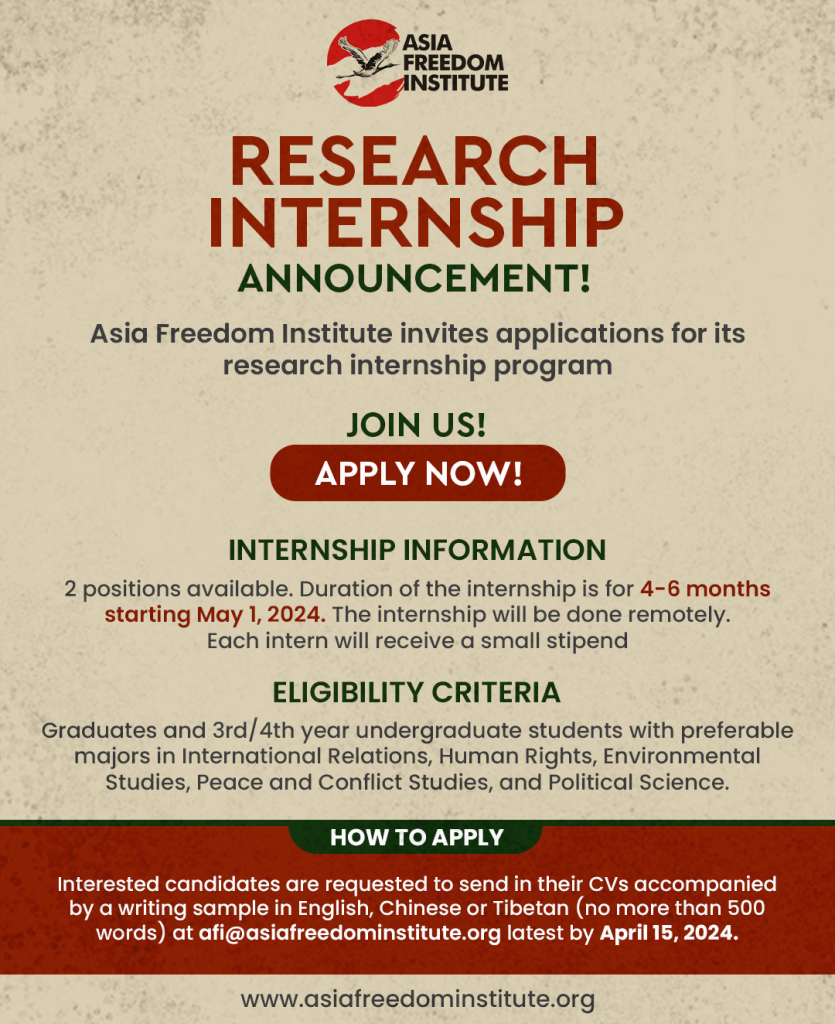The UN Human Rights Council (HRC) is tasked with the responsibility to uphold and advance fundamental freedoms globally. It was created in 2006 and consists of 47 member States elected by secret ballot by the majority of the 193 General Assembly members. Each year, the Human Rights Council elects one-third of its members to three-year terms. Voting was held on October 10, 2023 for the 15 open seats.
China, currently a HRC member, was one of four countries vying for the four open seats in the Asia-Pacific group, alongside Japan, Indonesia and Kuwait. China was reelected to the HWC with 154 votes which was the last place in the Asia group.
UN General Assembly President Dennis Francis announced Albania, Brazil, Bulgaria, Burundi, China, Côte d’Ivoire, Cuba, Dominican Republic, France, Ghana, Indonesia, Japan, Kuwait, Malawi, and the Netherlands were elected to serve for three years, beginning 1 January 2024.
The new members will join Algeria, Argentina, Bangladesh, Belgium, Benin, Cameroon, Chile, Costa Rica, Eritrea, Finland, Gambia, Georgia, Germany, Honduras, India, Kazakhstan, Kyrgyzstan, Lithuania, Luxembourg, Malaysia, Maldives, Montenegro, Morocco, Paraguay, Qatar, Romania, Somalia, South Africa, Sudan, United Arab Emirates, United States of America, and Vietnam on January 1, 2024.
China’s reelection to HRW was strongly criticized by the international human rights community including more than 80 groups representing Hong Kongers, Tibetans and Uyghurs. They released a statement firmly opposing the candidacy of the People’s Republic of China and urged General Assembly members not to vote for China and to leave an empty seat.
The statement said that China “has actively sought to undermine the promotion and protection of universal human rights around the world,” and that “China is demonstrably unfit to hold a seat on the UN’s top body responsible for the promotion and protection of all human rights around the globe.” It said “the Chinese government has used its power and influence to attempt to silence the voice of civil society at the UN.”
China has so far succeeded in using alliances to diminish the Human Rights Council’s oversight efforts. China has in particular relied on African and other authoritarian governments for support in the HRW and prevented the body from taking actions against well-documented human rights abuses by the Chinese government. The most recent and egregious example was a failed 2022 resolution supporting the Uyghurs and Turkic Muslims in East Turkistan and based on the Office of the UN High Commissioner for Human Rights report which concluded that the abuses in East Turkistan “may constitute international crimes, in particular crimes against humanity.”
In 2023, only 30% of the countries on the Human Rights Council were classified as “free” by the Freedom House.
Volker Türk, the UN High Commissioner for Human Rights, in his statement at the 54th Session of the Human Rights Council on 11 September 2023 had this to say on China:
“China’s drive for development has brought powerful achievements in alleviating poverty. But the country’s recent economic challenges highlight the need for a more participatory approach that upholds all human rights – including the rights of members of ethnic minorities; people in rural communities; internal migrant workers; older people; and people with disabilities. Opening the space for civil society participation and debate, including when this is critical of policies and advocates change, builds a more resilient and flexible society. As my Office highlighted a year ago, the concerns in Xinjiang UAR require strong remedial action by the authorities, as per our recommendations. I also remain troubled by the continued detention of human rights advocates.”
For More:
Human Rights Group Oppose Giving China a Seat at the UN Human Rights Council


